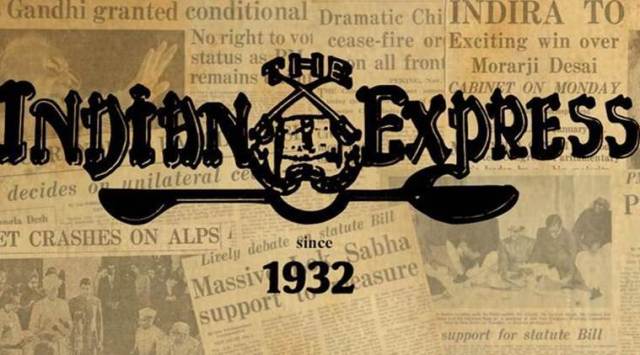
In a country where creative impulses are more often than not suspect, which enjoys the dubious distinction of being the first to ban Salman Rushdie’s The Satanic Verses, and whose government has peevishly declined to lift the ban for two decades, the protection of creative freedoms is always welcome news. But when Chief Justice of India Dipak Misra observed, while dismissing a plea for banning the Malayalam novel Meesha by S Hareesh, that creativity would perish if books were banned on flimsy allegations, and that requiring authors to “succumb to specifics” would be “tantamount to imposition”, he laid down a clear line which future PILs woud have to step over in order to be admitted.
However, it is an open question whether that is a bad thing, since governments have proved to be fairly arbitrary in banning books, and are vulnerable to electoral considerations. If such cases are deemed to be matters of immediate public interest and decided expeditiously — like the Meesha matter, which jumped the queue — this might even bring quick relief. Besides, courts could exercise caution in admitting such PILs. The matter in question represented the interest of temple-going women, which is scarcely a well-defined section of the population. As the bench has observed, a ban “would create unrest and disquiet among the intelligentsia”. Indeed, the protection of the creative community is the responsibility of the court, as much as the protection of the freedoms of the general public.